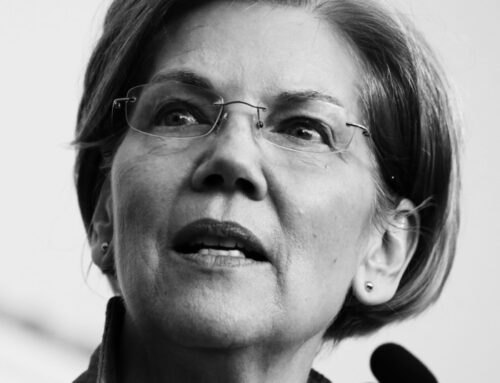The Problem with Censorship
September 15, 2015
Categories: Culture
Censorship is defined as the suppression of speech, public communication, or other information which may be considered objectionable, harmful, sensitive, politically incorrect, or inconvenient as determined by governments, media outlets, authorities, or other groups or institutions.
In general, I’m against it.
I was thinking about censorship last weekend when I saw the movie, ‘Straight Outta Compton.’ One of the story lines in the movie is about how the government and law enforcement tried to suppress NWA’s songs or messages they found objectionable.
To be fair, you could probably make a good case for censoring some of NWA’s messages. You might argue it is harmful to have a generation of young people rallying to the cry of “Fuck tha Police!”
Censorship doesn’t always come from a bad place. But here is the problem with censorship: At some level, people’s speech and communication reflect something about their reality. In the case of NWA, their message reflected anger about unfair treatment by the police toward African Americans. You can try to censor this kind of communication, but it doesn’t really work in the long run, because censorship doesn’t honor the reality of the situation. People are going to express their reality, one way or another.
In my view, censorship happens because we experience a lot of anxiety about discussing and dealing with uncomfortable ideas. It’s difficult to be open about topics like sexuality, violence, injustice, poverty, pornography, abuse, and the like. But people always express their reality. We can either make a commitment to discuss these issues openly, or deal with the consequences as people bust through censorship and have their messages come out sideways.
Discussion: What do you think of censorship? Are there certain times when censorship is good or necessary? How can we move toward having open discussions, even about topics that are uncomfortable or make us anxious?
Related Thoughts
No Comments
Leave A Comment

Subscribe To My Newsletter
Join my mailing list to receive the latest blog posts.
Receive my e-book “The Mental Health Toolkit” for free when you subscribe.



Right before I saw this as a post on FB, I’d just finished reading an article on how Germany (the country) is working together with FB to remove comments, videos and pictures from FB that would be considered racist or hateful towards people from other countries (mainly immigrants from arabic countries). Germany has seen an increase of those types of messages due to the huge influx of immigrants from mainly Syria but also other Arabic and African countries, that has happened in the last few week.
And I think you hit it right on point when you discuss how censorship can be a thing that happens because we’re uncomfortable about certain things. The people of Europe are concerned about the immigration but it is not something that’s politically correct to talk about when one raises questions about how to best deal with this immigration. It’s the same type of debate in Germany, Sweden and Great Britain. Basically there is no debate. And because the majority of people don’t feel like they’re being heard, they turn to FB, as an example. And by doing this type of censorship, I believe that Germany will see a backlash were people will be even more against immigration because they’ll feel like their leaders don’t listen, that they’re being controlled in what they are allowed to say and the climate for a healthy discussion will be shut down, and we can no longer openly meet and discuss concerns that raises people’s anxiety.
I’ve only once tried to have something blocked on FB and was met with the message that FB did not find the video offensive. The video was pretty graphic and clearly an assault of a person that was underaged and just plain horrible. ( I would imagine that it’s like a second crime to be the victim and know that there’s this video of the crime being spread online forever). But after FB’s response they lost all credibility with me and with these news that they’ll now start to censor certain types of things but it’s unclear where they’ll draw the line, they’re now walking a fine line between freedom of speech and subjective censorship. Only time will tell how this pans out.
Thanks for sharing. I do think that the line between freedom of speech and censorship is kind of a moving target. Society seems to swing back and forth between prioritizing political correctness vs. freedom of speech. There have been some interesting dialogue about this issue in the academy as well (e.g., http://www.theatlantic.com/magazine/archive/2015/09/the-coddling-of-the-american-mind/399356/)